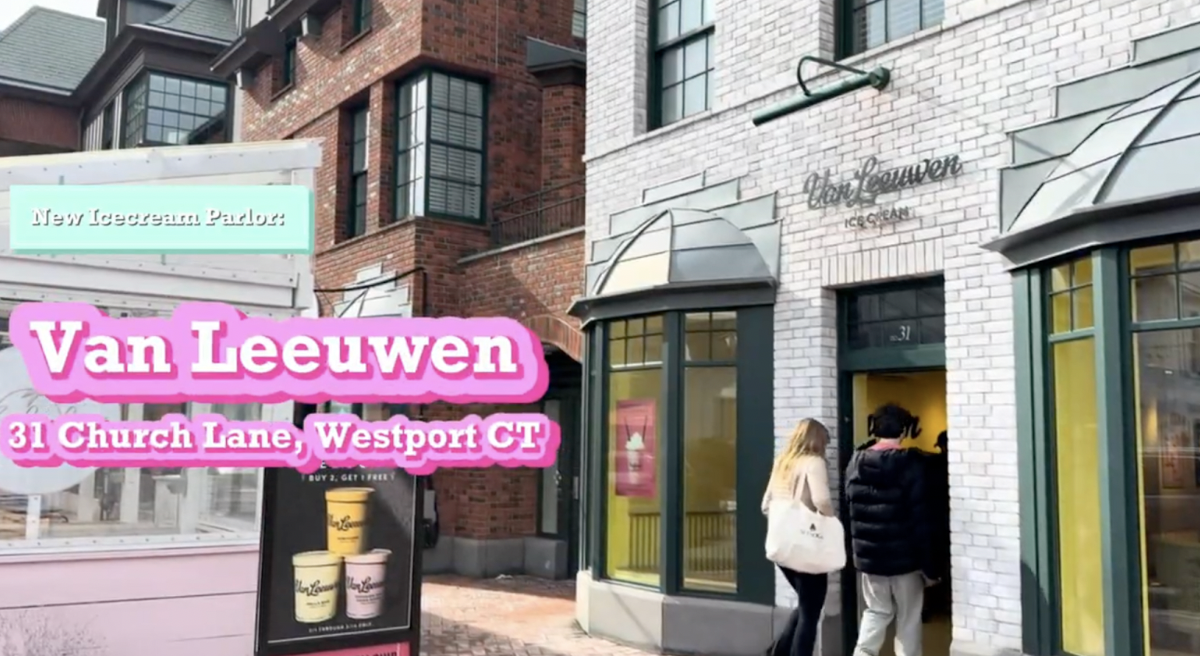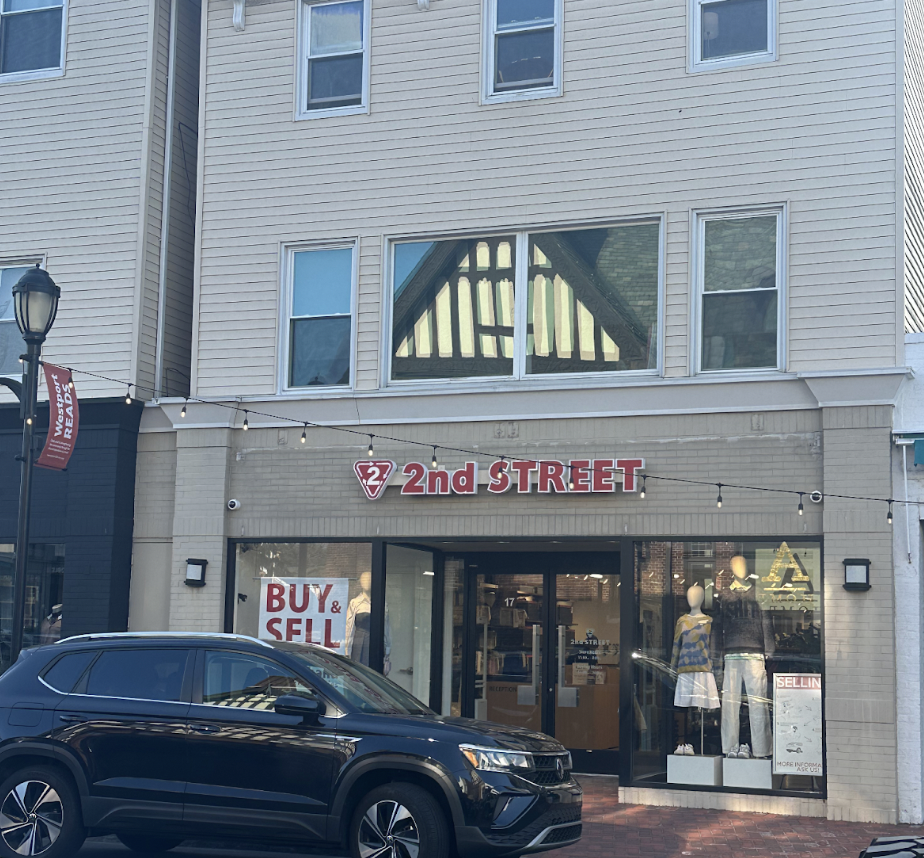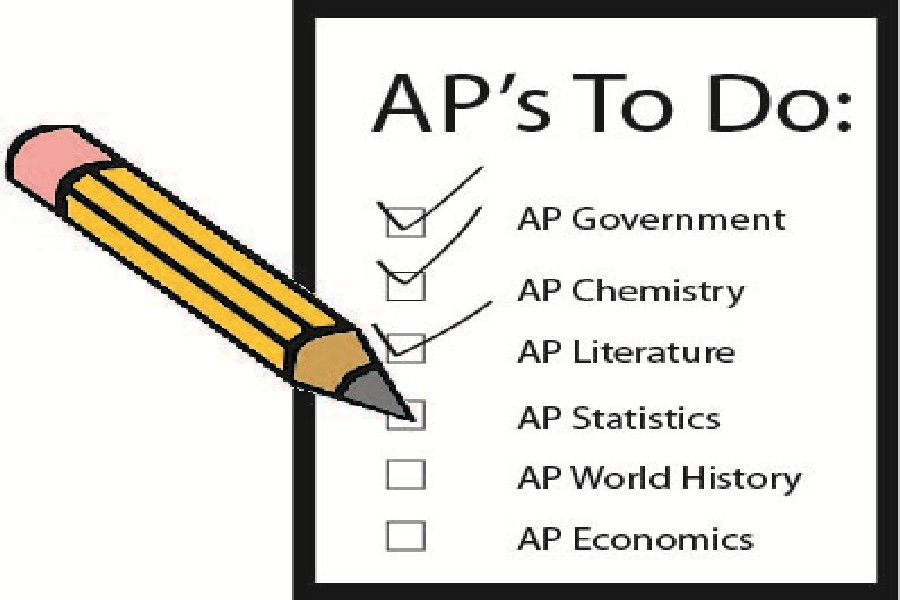When I was in eighth grade, I remember sitting down with my guidance counselor to decide what classes I would take for my first year at Staples. Granted, the choices were relatively limited. The required English, math, biology, foreign language, physical education, and (back in the day) Western Humanities classes left little wiggle room except for an elective and a free.
It wasn’t really the classes that I was selecting, but rather the course levels.
I vividly recall sitting in the guidance room that was covered with inspirational posters and scattered with boxes of tissues, and making the only logical decision. I would only take higher level classes in subject areas that interested me.
But after two years at Staples, that simple, foolproof reasoning was nowhere to be found when it was time to make my schedule for junior year.
Somewhere along the pressure-packed line, my head became filled with thoughts of Ivy League schools and my GPA, and my eighth grade logic escaped me. I was no longer choosing class levels based on interest, or passion even. Instead, I was loading on AP’s that I thought would look the best on my transcript.
Granted, my college applications would benefit if I followed through with it.
But one day during communication time, my teacher asked the class a relatively simple question: When do you start taking classes that actually interest you? I found myself not knowing how to answer. Senior year? College? Grad-school?
Being forced to consider this question was eyeopening. I realized that by devoting my schedule to what “looked the best” or what would impress admissions counselors the most, I was robbing myself of the opportunity to explore my true interests when I still had time to do it.
In the hype that often accompanies course selection, it seemed like all my fellow classmates were taking every AP class offered. I had succumbed to the competitiveness of Staples I had so often mocked.
So I decided to change my approach. When I finally had my five minute time slot with guidance to pick my schedule, I did so with a dash of that eighth-grade logic in mind. I didn’t add on AP’s in subjects I didn’t like just for the sake of boosting my chances of getting into Harvard.
I know I’m not the first to do so. But, based on the undoubtable lack of enthusiasm in some of my classmates, I know the majority of students are not taking classes based off of passion.
If more students managed to ignore the college-hysteria that is omnipresent in the school, everyone would be a lot happier. What can be better for teachers than having kids in their classes who are actually eager to learn about something they’re passionate about?
Maybe this approach is idealistic, naive even. But maybe now, I’ll be able to look forward to going to school. Even if it’s only for one period four days a week, having one class to be excited about can make all the difference.












































